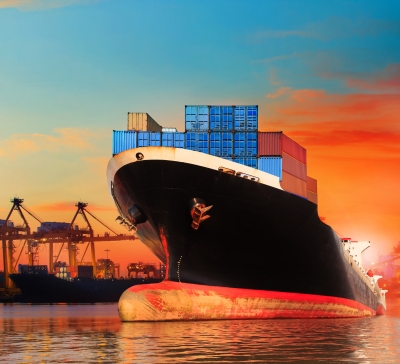President Rodrigo Duterte has signed several executive orders (EO) modifying the rates of duty for several products imported into the Philippines.
The new executive orders were signed late April and published this month after the National Economic and Development Authority (NEDA) Board, chaired by Duterte, approved the new tariff schedules last February.
EO No. 20-2017 modifies the nomenclature and rates of import duty on various products mentioned in Section 1611 of Republic Act (RA) No. 10863, otherwise known as the Customs Modernization and Tariff Act (CMTA).
EO No. 20-2017 updates the rates imposed by EO No. 61-2011, which was implemented from 2011 to 2015 and continued until 2016 since no amendments were made to the last order. The rates under EO No. 20-2017 will be imposed from 2017 to 2020.
When entered into or withdrawn from warehouses in the Philippines for consumption, all articles covered by the new EO must be levied the newly prescribed Most Favored Nation (MFN) rates of duty.
Another executive order, EO No. 21-2017, modifies the nomenclature and rates of import duty on certain information technology products that are also cited in Section 1611 of the CMTA.
The EO aims to implement the country’s tariff commitments under the World Trade Organization (WTO) Information Technology Agreement (ITA). The ITA provides for the elimination/binding of MFN tariffs on certain IT products.
The Philippines formally signed the ITA on April 1997 and the Senate of the Philippines concurred with the ratification on December 1998. In July 2015, ITA participants agreed to expand the original ITA product landscape to include new-generation IT products.
The Philippines’ ITA expansion schedule was approved on December 2015, calling for bound tariffs to be eliminated starting July 1, 2017, with flexibility on some products until July 1, 2023.
All IT products covered by EO No. 21-2017, as classified under Section 1611 of the CMTA, and are entered into or withdrawn from warehouses in the Philippines for consumption will be levied the newly prescribed MFN rates of duty.
EO No. 23-2017, meanwhile, extends the effectivity of the MFN rates of duty on certain agricultural products, and implements the country’s commitment to the WTO decision on waiver relating to the special treatment of rice from the Philippines.
The Philippines had secured special treatment for rice under the WTO Agreement on Agriculture, which temporarily permitted the country to impose quantitative restrictions on the importation of rice.
The special treatment expired in 2012 but was reinstated in 2006 until June 30, 2017 by the WTO waiver, which also embodied the terms and conditions and other concessions to reduce the MFN rates of duty on certain agricultural products. The special treatment, however, expires on July 1, 2017.
RA No. 8178, or the Agricultural Tariffication Act, meanwhile, adopts the use of tariff in lieu of non-tariff import restrictions so as to protect local producers of agricultural products, except in the case of rice.
The EO follows the NEDA Board’s approval on February 20 extending the reduced rates of duty on agricultural products for another three years. Products covered include rice, meat, poultry, and other agricultural products.
The minimum access volume (MAV) commitments of 805,200 metric tons on rice that were made in exchange for the waiver shall remain in force and in effect, the EO notes.
Duterte also signed EO No. 22-2017, which reduces the rates of duty on capital equipment, spare parts, and accessories imported by new and expanding enterprises that are registered with the Board of Investments (BOI).
The order replaces EO No. 70 that expired on May 9, 2017.
Under the new EO, qualified BOI-registered business enterprises are exempt from paying duties when they acquire from other countries capital equipment that is classified under specific chapters of the Tariff and Customs Code of the Philippines.
The duty exemption, however, will only be granted if the BOI issues a certificate of authority to the importing company. The privilege also strictly applies only to equipment that is not manufactured locally or is in insufficient supply domestically, and is for the exclusive use of the registered firm.
Trade Undersecretary and BOI Managing head Ceferino Rodolfo in a statement said the grant of the capital equipment incentive remains an important measure to further promote and drive more high-value, impactful, and socially relevant investment projects into the country. The incentive is especially useful for start-up companies and those that are expanding or modernizing their facilities. – Roumina Pablo
Image courtesy of khunaspix at FreeDigitalPhotos.net









